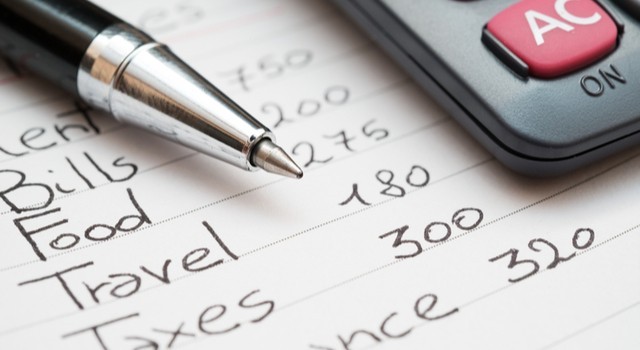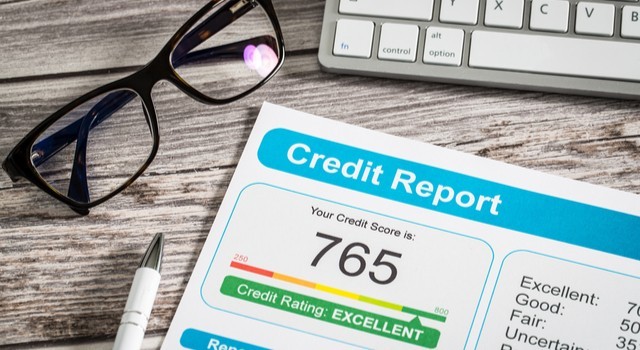Borrowing money to pay for a divorce isn’t the best option, but if you’re likely to receive a significant financial settlement or high value assets from the divorce, specialist lenders may be willing to sanction a loan to pay for your legal fees.
This would typically be secured against an asset, possibly your home, so the lender reduces their risk. Further considerations when taking out a litigation loan include the interest rate, whether this is applied for the entire loan or only on the amounts drawn down, and the level of administration charges.
Award of expenses
In some divorce cases one party is made liable for the other person’s divorce fees. Clearly, divorce is a complicated situation and every case is different, but your partner could potentially be made liable to pay some or all of your divorce legal fees.
Free consultation with a professional
Some solicitors offer free initial consultations during which time you can find out more about the potential costs of your divorce case, and the payment options that might be available to you.
It’s important to seek advice from a range of professionals prior to making any decisions, however, and licensed insolvency practitioners can provide vital information on money and debt before and after your divorce.





